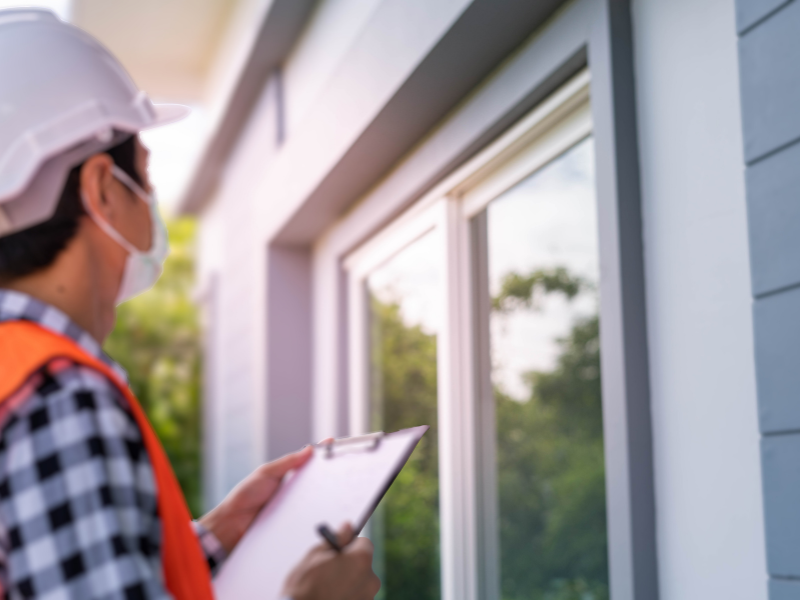Categories
Home BuyingPublished July 21, 2025
Home Inspection Made Easy: Steps, Pricing, and Buyer Tips
.png)
Home Inspections Made Simple: What You Need to Know
Buying a home? Don’t skip the inspection. It’s one of the smartest steps you can take. A proper inspection helps you avoid surprise repairs and gives you a clear view of what you’re buying.
Whether this is your first home or your next one, the inspection gives you more control in the process. Here’s how it works and what to expect.
What a Home Inspection Covers
A home inspection is a full checkup. A licensed inspector walks through the home and looks at:
-
Roof and foundation
-
Heating and air systems
-
Plumbing and electrical systems
-
Windows, doors, appliances
-
Structure, attic, and basement
You’ll get a written report with photos. It shows what’s in good shape, what needs repair, and what might be a problem later. This helps you decide whether to move forward, renegotiate, or walk away.

What Happens During the Inspection
Here’s a simple breakdown of how it goes:
-
Schedule the inspection soon after your offer is accepted. You usually have a few days to do this.
-
The inspector checks all the major stuff: roof, HVAC, plumbing, electrical, structure, appliances, and more.
-
It usually takes 2–4 hours, depending on the size of the house.
-
You’ll get a detailed report, usually within 24 hours, listing any issues found—with photos and notes.
-
You should be there in person if possible. It’s a great chance to ask questions, learn about the home, and see any concerns firsthand.
How Much It Costs
Most inspections cost $300 to $600. Larger or older homes may cost more. This fee is paid by you, the buyer. It’s a small price to pay for peace of mind, and this is not included in closing costs.
You may also need extra inspections for mold, termites, sewer lines, or radon. Those cost extra but could save you more down the line. Ask your inspector if they offer those or can recommend someone who does.
How to Find a Good Inspector
Don’t choose randomly. Ask your agent for referrals or search online with reviews in mind.
Look for:
-
Proper licensing or certification
-
Experience with similar homes
-
Sample reports to review
-
A reputation for honesty and detail
Avoid picking based on price alone. A cheap inspection isn’t worth it if they miss major issues.
Common Questions Buyers Ask
What if the report shows problems?
It probably will. Most homes have wear and tear. What matters is the size and cost of the repairs. Use this info to make a smart decision.
Can I cancel the deal?
If your contract includes an inspection contingency, yes. You may be able to back out or renegotiate based on what the report shows.
Should I waive the inspection to win a bidding war?
That’s risky. If you must compete, ask your agent about safer ways to stay in the game, like shortening the inspection period or buying “as-is” with the right to inspect.
How to Get the Most Out of Your Inspection
Be present. Listen, take notes, and ask questions. Don’t sweat small stuff like cracked tiles. Focus on big issues like foundation, roof, plumbing, HVAC.
Once you get the report, talk to your agent. You may ask the seller to make repairs or adjust the price. Use the report as a tool, not a weapon.
A home inspection gives you clarity. It helps you avoid hidden costs and gives you peace of mind. It’s not about finding the perfect house—it’s about knowing what you’re buying. As a home buyer, this is one of the best tools you have to avoid regret, and to feel confident when you close on your new place.
Thinking of buying a home? Don’t skip the inspection. It's your chance to look beyond the paint and really know what you're signing up for.
And remember: A smart buyer is a happy homeowner.





